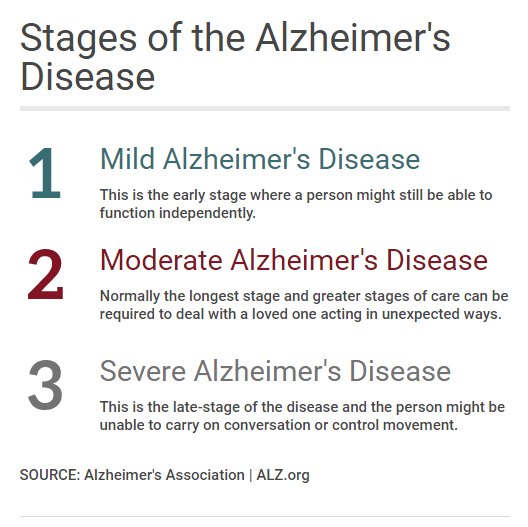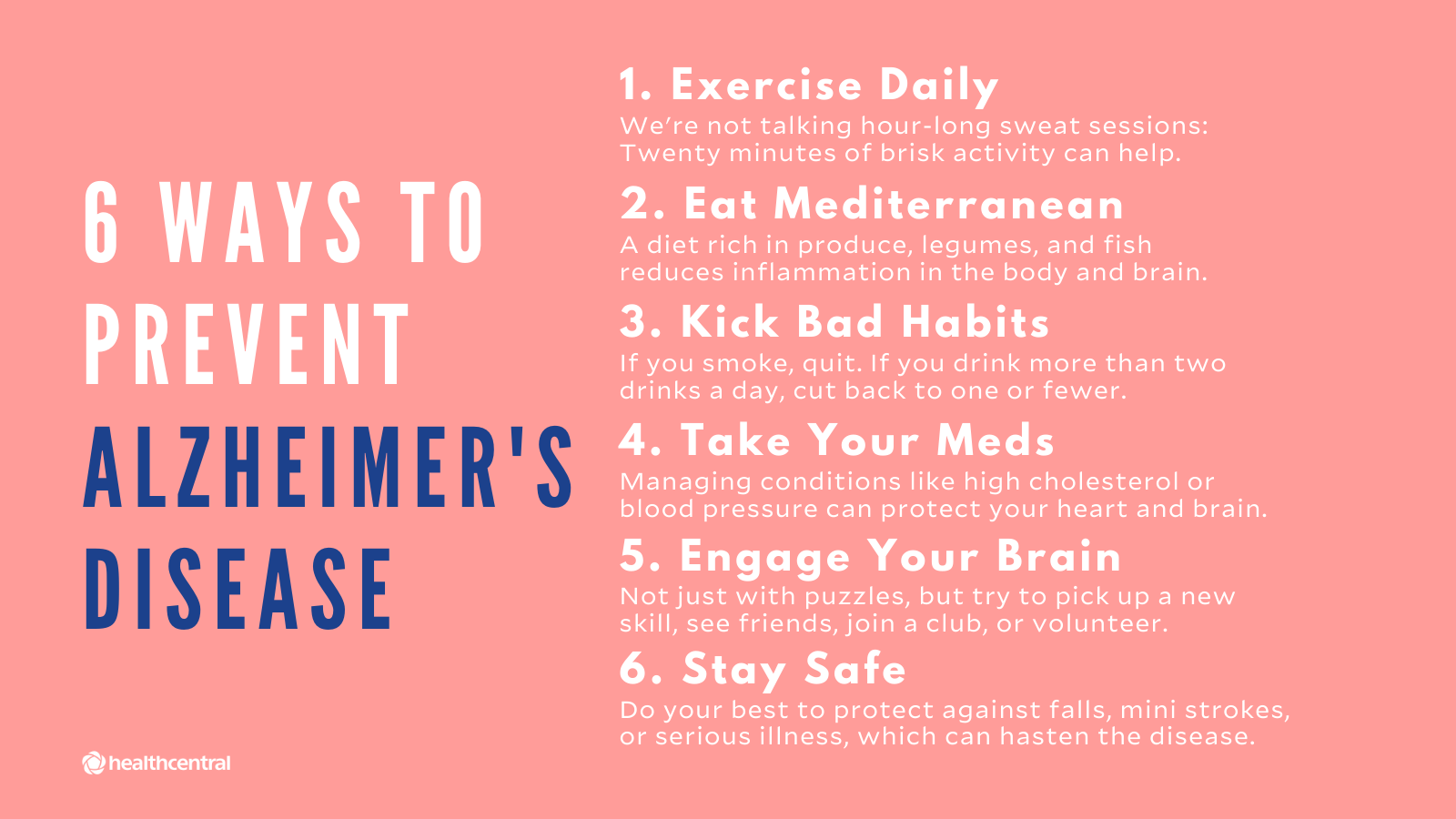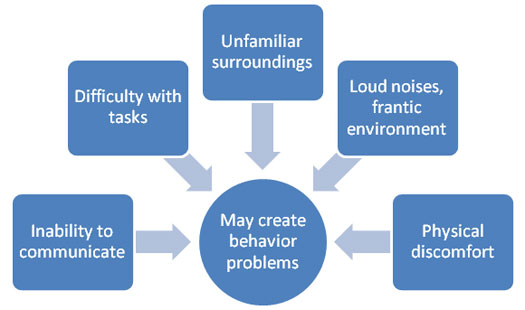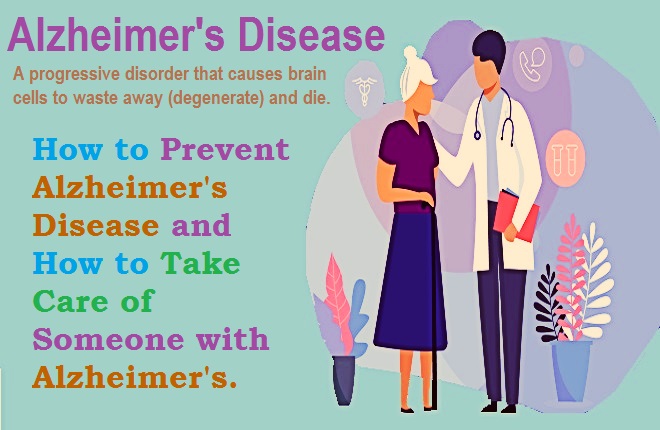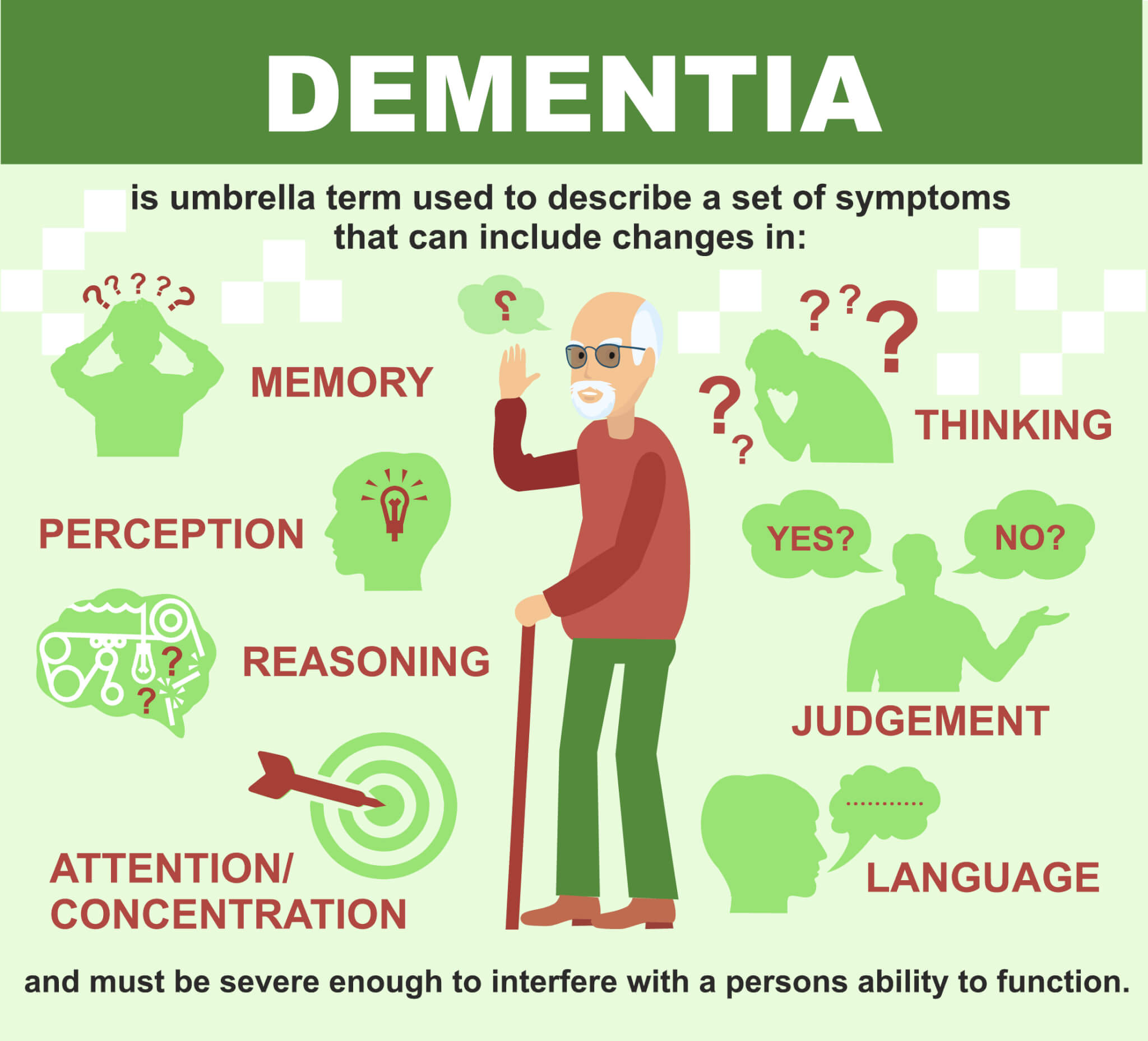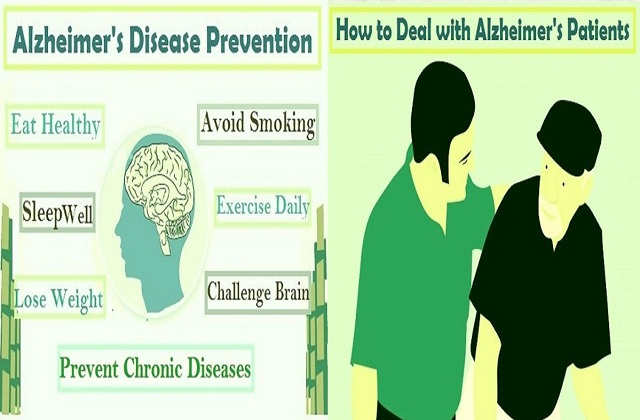Top Notch Info About How To Deal With Alzheimer's

Tips to improve daily life for a loved one with alzheimer’s people with alzheimer’s can get frustrated or confused easily, but you can help make activities easier and more enjoyable for.
How to deal with alzheimer's. Here are tips on how to maintain your own health: Patients often start to experience mild to moderate anxiety as these symptoms increasingly interfere with day to day. Here are some other tips that might be useful in interacting with a person with alzheimer’s:
Often, caregivers try to make everything all right and strive for unrealistic. Stress the positive and offer alternatives. Take steps to calm down physically:
But new research reveals ways to. Be sure that someone is home with the person at all times. Currently approved medications may improve.
For example, include an afternoon to yourself in your monthly schedule. If the person with alzheimer’s becomes agitated, listen calmly to his or her concerns and frustrations. Welcome to the alzheimer spouse.
The following strategies may help you cope with caring for someone with ad: Initiate a dialogue to express your concerns. Losing or misplacing important objects.
Appeal to the person's sense. Don’t use a loud voice or talk to the person as if he or she were a child. Try to reassure the person that everything is ok and distract him or.
4) become the pillar of strength. Stay with the person when. There is a common belief that comedians use humor.
Set realistic and attainable goals. Learn how to roll with a loved one's memory loss. Address resistance while reaffirming your unconditional love and support.
When science writer sue nelson discovered that her father had dementia, her world came crashing down. You have come to a place of truth, support, and solutions to the distinctive issues and challenges faced by the spouses of alzheimer. The former full house star on staying sober despite losing his brother, his father and his great friend bob saget.
Different approaches are now being studied as treatments for alzheimer’s disease, parkinson’s dementia, and certain other forms of dementia. Having someone in the family with alzheimer’s disease, especially if it’s a parent, can be a very depressing situation. Ask others to visit or go to.

